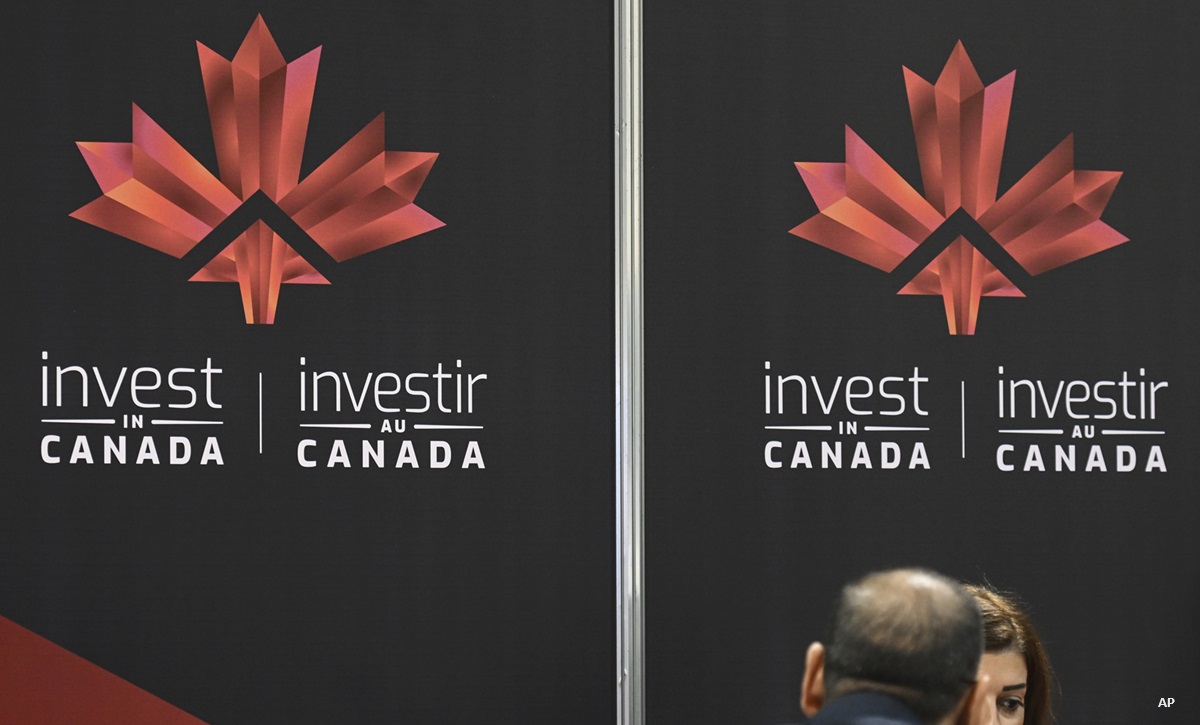Ruth Saldanha: We're at the Morningstar Executive Forum where the theme was global investing in uncertain times. One of the panelists Sri Iyer of Guardian Capital is here with us to discuss his views and specially talk about currency.
Sri, with currency today, how should investors play both currency and the global market?
Sri Iyer: So, if you look at it in context, the 1980s and '90s countries were different, regions were different, cultures were different. So, as money managers globally it mattered which country or what region your money was. As the European Union formed, you started to see European countries converge, bond markets converge, currencies converge. It went from multiple currencies to one currency called the euro. So, what happened was over the last 10, 15 years currencies have become proxy for economic policies. So, when you see a country not do well on its economic side, it completely gets affected on its currency very, very quickly. So, in that extent, fewer currencies in the world have become more important, but at the same time, a country doesn't matter anymore. It doesn't matter where a country is domiciled. It is what it's doing for its business. That's what we call a global company. Many companies in the U.S. have 30%, 40%, 50% of their revenue outside the United States and many good companies in Europe have close 70%, 80% of their income coming from the United States. So, you tell me, what's a global company, what's a European company or what's a U.S. company. When it comes to FX specifically, buying large-cap, mega-cap global gorilla type companies allows you to diversify your FX exposure more effectively than buying different currency stocks that are specific to that country. So, diversification through globalization is a better way to manage money than trying to buy 200 stocks discretely from each region which has certain economic and currency sensitivities and then try to diversify it away.
Saldanha: What should individual investors do right now to play this theme?
Iyer: I think investors should not worry about currencies. Now, if you are a Canadian, and you live off Canadian income, then it's very important to make sure that you are sustained on your domiciled currency which is the Canadian dollar. If you do see a sustained weakness in the Canadian dollar over a longer period of time, then it's imperative than you look at the U.S. dollar and say, do I need to hedge my currency risk in Canada. But over the long-term, people who try to go in and out of the U.S. dollar, Canadian dollar, don't make a lot of money. So, you should not be timing this cycle. You should be constantly be invested in this cycle. So, if you buy global companies and you diversify a portfolio between global stocks and Canadian stocks, your income stream or your return stream will be pretty much immunized by these kind of timing issues that people are most susceptible to when it comes to USD versus CAD kind of effect.
Saldanha: Thank you so much for joining us today, Sri.
Iyer: Thank you very much. It's a pleasure.





.jpg)














